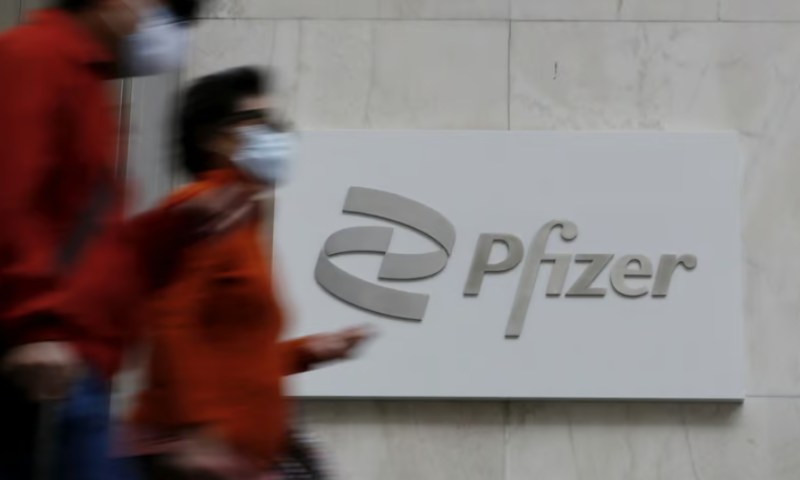Pfizer, amid a rethink of its rare disease R&D strategy, has punted (PDF) a pair of orphan drug candidates from its clinical development pipeline in a cull that also narrowed the opportunities open to the near-approval JAK3/TEC inhibitor ritlecitinib.
Recifercept is the most advanced rare disease candidate to become surplus to requirements in the latest pipeline update. The molecule is designed to bind to fibroblast growth factor isoforms and thereby act as a decoy that reduces FGFR3 signaling. Seeing that FGFR3 mutations drive inhibitory signaling in the rare disease achondroplasia, Pfizer made the condition its focus indication for recifercept development.
The program looked to be on track late last year, when Pfizer began a pilot project to check the feasibility of constructing a concurrent external control for recifercept, but has now hit the skids. The termination of development comes weeks after Pfizer wrapped up a phase 2 trial of the long-term safety and efficacy of recifercept.
Pfizer is kicking the candidate to the curb along with PF-06755347, a recombinant Fc fusion protein that is the product of a licensing agreement the Big Pharma formed with Gliknik in 2013. Gliknik received $15 million from Pfizer when the candidate entered phase 1 four years ago.
PF-06755347 was in development as a treatment for primary immune thrombocytopenia and chronic inflammatory demyelinating polyneuropathy, an indication in which it has orphan drug status in the U.S.
Away from rare diseases, Pfizer dropped a midphase rheumatoid arthritis candidate, ritlecitinib, and a trio of phase 2 cancer programs. Ritlecitinib is closing in on approval decisions in alopecia areata on both sides of the Atlantic and is in phase 2 and 3 development as a treatment for vitiligo, ulcerative colitis and Crohn’s disease. But after studying the candidate with the IRAK4 inhibitor zimlovisertib and JAK inhibitor Xeljanz, Pfizer has decided to abandon plans to develop it as a treatment for rheumatoid arthritis.
The three early-phase cancer candidates that failed to make the cut at Pfizer are: the therapeutic vaccine PF-07263689 in solid tumors; the BRAF kinase inhibitor PF-07284890 in melanoma; and the CDK2/4/6 inhibitor PF‑06873600 in metastatic breast cancer.
Pfizer’s discontinuation drive also included ending phase 3 trials for the company’s blockbuster COVID-19 pill Paxlovid in standard risk populations and as a prophylactic treatment. The antiviral is already authorized in high risk populations but had flopped in a post-exposure trial.

